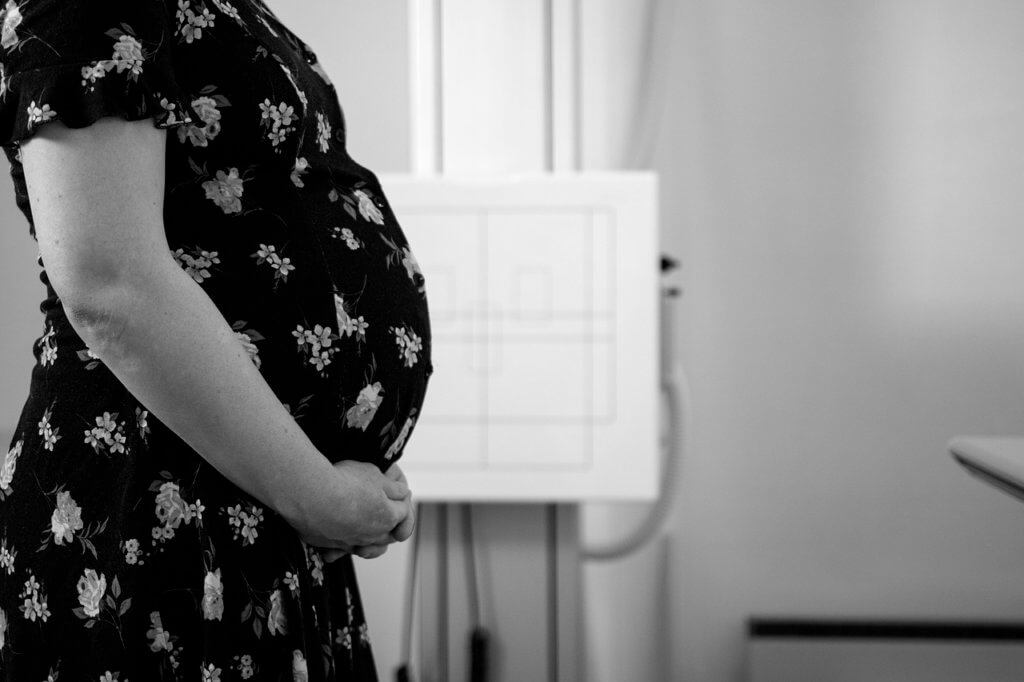Pregnancy should be a joyous milestone for any family; however, some employers aren’t thrilled by the prospect of their employees getting pregnant. In some workplaces, a form of employment discrimination, known as pregnancy discrimination, occurs. When this type of discrimination takes place, employees are fired or otherwise treated unjustly due to their condition.
Reasons Why Employers Discriminate Against Pregnant Employees
There are different reasons why employers discriminate against their pregnant employees. The general reason is the incorrect notion that pregnant employees are unproductive. Below are some of the illegal reasons why some employers choose to terminate their pregnant employees:
- Employers don’t want employees to take pregnancy leaves to give birth or take careof sick children
- Employers believe pregnant employees will miss too many days of work
- Employers think that accommodating pregnant employees is costly
The California Family Rights Act (CFRA), in section 12940 (4)(C), includes pregnancy in its definition of “‘harassment because of sex.” In other words, if you are pregnant and get fired for any of the above reasons, then you are a victim of pregnancy discrimination and therefore have the right to sue your employer for damages.
Leaves Allowed by Reason of Pregnancy
Under California and federal laws, a pregnant individual is allowed a total of no less than twelve (12) weeks of leave. Employers may provide a longer leave period at their discretion. In any event, no contract can state that a pregnant woman should take less leave credits than provided for by law. In other words, according to existing discrimination and employment laws, if your employer refuses to provide your full leave credits, or if you’re harassed after coming back from your pregnancy leave, then you can make a discrimination claim.
Understanding the Qualifications for Pregnancy Leave
Not just any employee who becomes pregnant is eligible for the aforementioned pregnancy leave. Under the Family Medical Leave Act (FMLA), along with the CFRA, the following are the criteria that every pregnant employee must meet before being allowed the mandated pregnancy leave:
- You must be employed for at least 12 months immediately following your pregnancy leave
- You have earned at least 1,250 work hours during said period
- Your employer should employ at least 50 employees within 75 miles where you are working
Pregnancy Disability Vs. Pregnancy Leave
It’s also worth noting that disability due to pregnancy is different from pregnancy leave. Hence, if you’re suffering from a pregnancy related disability, under the law, on top of the 12 weeks of pregnancy leave credits, you can add the Pregnancy Disability Leave or PDL. However, if you’re not allowed to take your PDL, or if your employer includes your PDL in counting your 12 weeks of pregnancy leave, then you are a victim of pregnancy discrimination and can sue your employer for damages.
Hire a Pregnancy Discrimination Lawyer to Gain Just Recompense
If your employer is guilty of maternity discrimination, it’s prudent to seek the legal expertise of a pregnancy discrimination attorney, such as those from Los-Angeles based Mesriani Law Group. Experienced and knowledgeable employment discrimination lawyers will negotiate your claims efficiently.
Your employer likely has the resources and connections to minimize your claims and is also likely covered by insurance. Their insurance adjuster is skilled at scrutinizing claims and will strive to ensure that your claims are either denied or considerably reduced. Your employer could also hire a defense attorney to achieve similar ends.
If you want to obtain the best claim for your damages, an expert pregnancy discrimination attorney is your best ally in seeking just recompense.








